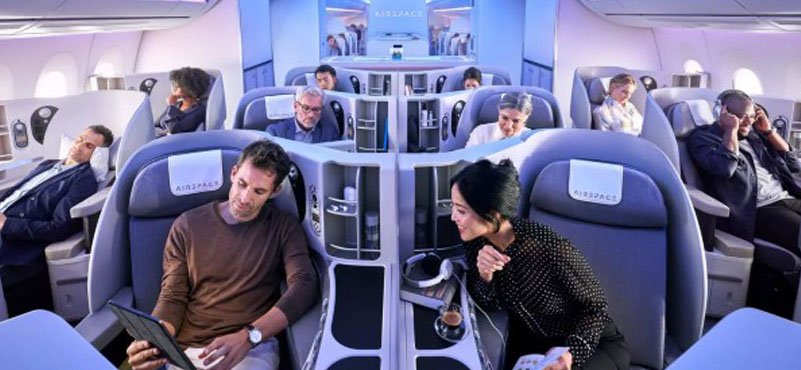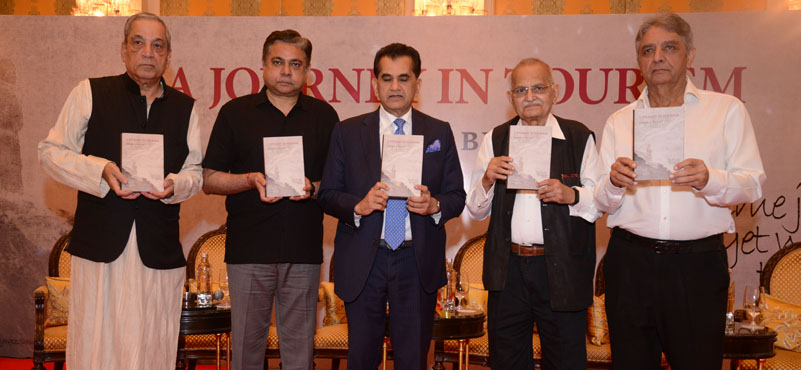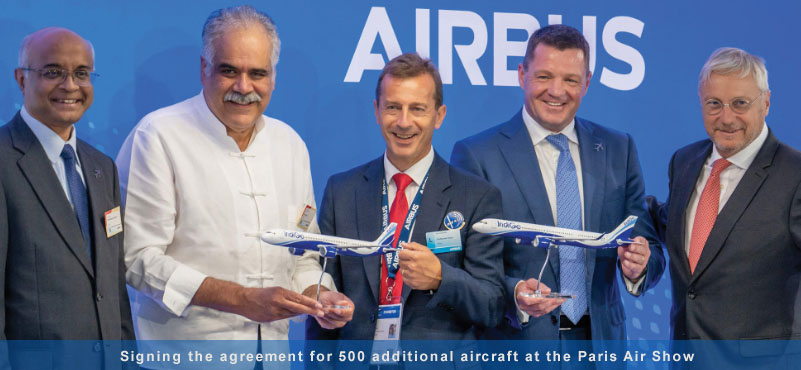True to Form, Air India places the bigger single order for 470 aircraft with both Airbus and Boeing.
Government endorsements for this order are also first time for Indian aviation. It augurs well for air connectivity as the Modi government seems to say that while roads and trains are being developed, air transport is also equally important for the country.
Air India has placed an order for 470 aircrafts, the biggest ever single order in the history of global aviation. Surely a feat to be applauded as in itself it declares the commitment of the Tata Group to grow this business and ensure that India remains or becomes a natural aviation hub in our region. If this is the first such big order, another first must also be the solid claims made by the governments of France and USA on how this order strengthens our bilateral relations between our countries. In one case, they have mentioned how these orders will create jobs in their countries and keep the wheels of their economy moving.
A virtual conference between Macron, Modi, Ratan Tata among senior representatives of Tata, Air India and Airbus is also a noteworthy as possibly for the first time, the government has openly embraced what is essentially a private sector activity. Such endorsements will go a long way in ensuring government support for private enterprise, an endorsement that has hitherto been brushed aside, or best given quietly as a support on the side.
That Biden and Modi spoke on the order for Boeing is also no mean achievement. Surely it endorses the importance of this transaction, but even more so for essential infrastructure for air transport in our country. To this extent, while Air India is no longer a government run company, it still remains a blue eyed corporate that India looks forward to, ensuring our bigger footprint in global air connectivity.
Air India’s order includes A 350 aircraft from Airbus and 777 and 787 from Boeing which will ensure more non-stop services from India to many other parts of the world. This will enable our national carriers to increase their share of the India bound traffic, in both directions. This has been most pitiful till the present times, as only of late an airline like Indigo has decided to focus beyond either national or regional routes only. Only a few weeks ago, Indigo has taken on wet-lease wide body aircraft that will take traffic to Istanbul and from there on, through a code share with Turkish, further take traffic to some 20 new destinations in Europe.
At least two globally strong airlines are needed, if not three, for the country of the size of India. A third does not appear on the skies yet, but through some larger consolidation, one can hope to have one in the near future. We have always maintained only national carriers can take any country’s tourism forward, as each does the same for their own. Foreign carriers will always make their home base strong as it is there that they hub from. India’s case has been weak in the last few decades as neighbouring hubs in the East and West have taken away large chunks of aviation business.
Air India’s internal consolidation in itself will help the airline grow stronger and this appears to be on course, with one full service airline and one LCC on the cards. Indigo, meanwhile, continues to grow strong, penetrating deeper within India, regionally and also going internationally, for the time being using Istanbul as its international hub. Surely, it is happy days here for air transport in our country.
ABOUT THE AUTHOR
 Navin Berry, Editor, Cross Section, has been in the business of reporting on travel, tourism and hospitality for almost 5 decades.
Navin Berry, Editor, Cross Section, has been in the business of reporting on travel, tourism and hospitality for almost 5 decades.




































